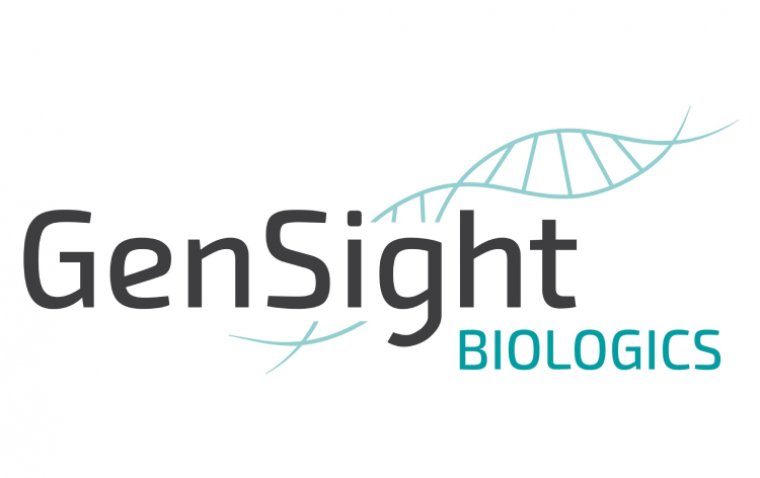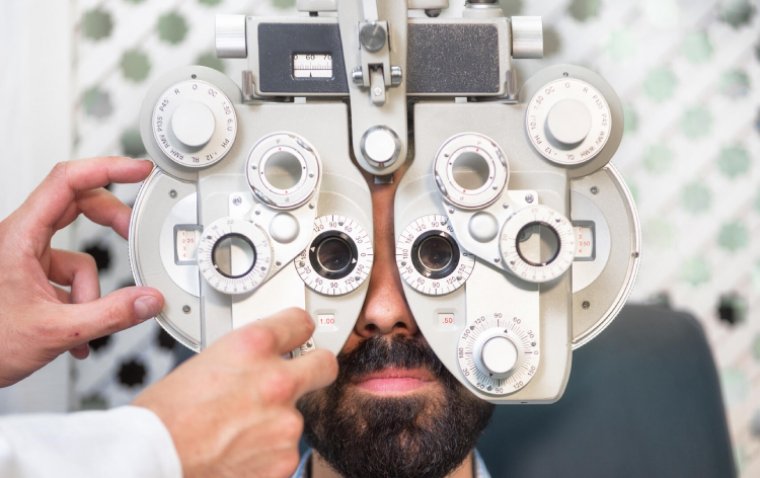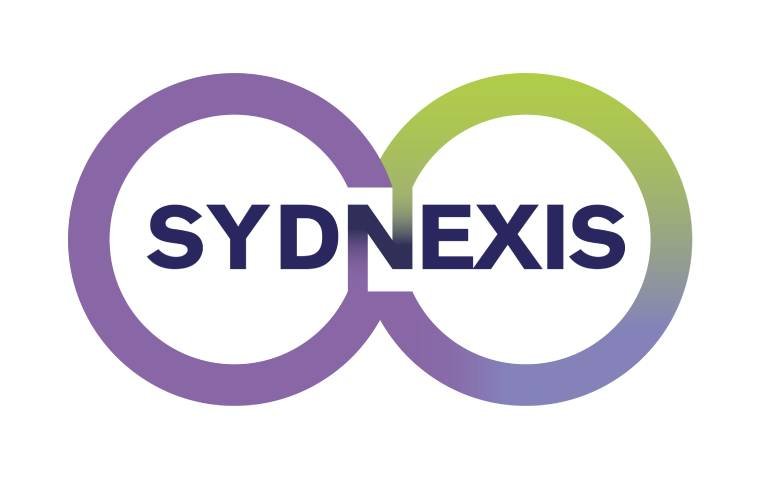
Oral Azithromycin Equivalent to Six Weeks of Doxycycline for MGD
A study published online in JAMA Ophthalmology found that treatment of severe meibomian gland dysfunction (MGD) with three weeks of oral azithromycin is equivalent to six weeks of doxycycline.
The study was conducted by Phit Upaphong, M.D., from Chiang Mai University in Thailand, and colleagues. They conducted a randomized trial involving patients with moderate-to-severe MGD who were randomly assigned to receive oral azithromycin (1 g once per week for three weeks) or oral doxycycline (200 mg daily for six weeks). A total of 137 eyes from 137 patients were randomly assigned to the azithromycin and doxycycline groups (68 and 69 eyes, respectively).
During the study, the researchers discovered that at weeks 6 and 8, the adjusted mean between-group difference of total meibomian gland dysfunction (MGD) scores was -0.33 and 0.13, respectively. Additionally, at six and eight weeks, the adjusted mean between-group difference in Ocular Surface Disease Index score was -1.20 and -1.59, respectively. Patients who were treated with azithromycin experienced fewer gastrointestinal adverse effects compared to those who received doxycycline (4.4 percent versus 15.9 percent).
"The reduced dosing of azithromycin supports its use as an alternative to doxycycline for at least six weeks," the authors write. "However, longer-term follow-up in each group would be needed to determine if these outcomes persist for this chronic condition."
References
Phit Upaphong et al, Pulsed Oral Azithromycin vs 6-Week Oral Doxycycline for Moderate to Severe Meibomian Gland Dysfunction, JAMA Ophthalmology (2023). DOI: 10.1001/jamaophthalmol.2023.0302
B. Michele Melia, Evaluating the Evidence for Treatment of Meibomian Gland Dysfunction With Oral Antibiotics, JAMA Ophthalmology (2023). DOI: 10.1001/jamaophthalmol.2023.0320
(1).jpg)










